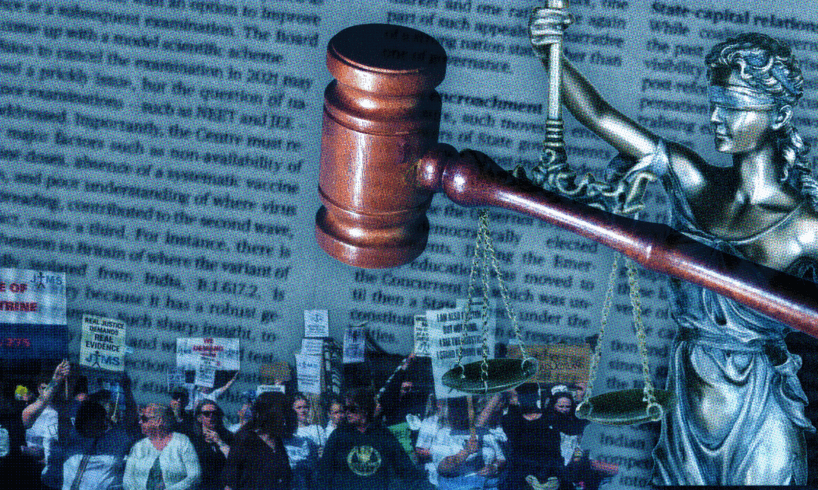
Today’s Supreme Court judgment shows why The Herald was absolutely justified in covering concerns around the rules over admissibility of evidence in sexual offence trials.
Our coverage began back in July when I interviewed the senior criminal defence advocate Thomas Leonard Ross KC who raised significant misgivings over how legislation on the issue was being implemented in Scotland’s courts.
Mr Ross pointed to growing fears in the legal profession that the rules were excluding evidence that could lead to a jury acquitting someone standing trial for rape and as such was risking the accused’s right to a fair trial.
After writing the story and submitting it for publication the next morning, I packed to go on a two week family holiday thinking it might be an issue I could return to again when back from my break.
Read More:
I did not envisage the response my article received and what happened next made me realise the front page story had touched a nerve in Scotland.
En route to Manchester airport the next day, emails and messages starting pouring in from people – mostly mothers and partners of men in prison convicted of sexual offences.
Most of the women gave accounts of their loved ones’ frustrations over evidence that they were not allowed to present to the court and that they believed could have led to a different verdict had they been able to do so.
I replied to many of the emails and resumed reporting on the subject when I returned to work, speaking to more defence lawyers and legal bodies.
Lord Reed, president of the UK’s Supreme Court (Image: Supreme Court)
I also spoke to victims of sexual offences and relatives of men convicted of rape when the two groups staged rival protests outside Holyrood in September.
So what of today’s judgment. It is a victory for rapists?
Certainly not. Clearly in the first instance the judgment upheld the convictions of the two men – David Daly and Andrew Keir – who had made appeals before the Supreme Court against their rape convictions.
And it shouldn’t mean that complainers in rape trials will be more at risk of unfair and intrusive questioning over their sexual history or credibility.
Lord Reed, the president of the Supreme Court, and the UK’s most senior judge, explained this when he read out the judgment which relates to sections 274 and 275 of the Criminal Procedure (Scotland) Act 1995.
Sections 274 and 275 exist to protect the complainer from unfair and intrusive questioning, and to prevent the jury from being improperly influenced by evidence that is irrelevant to the charge against the defendant.
Section 274 imposes a general prohibition on the introduction of evidence or questioning which concern the character, behaviour or sexual history of the complainer.
But Section 275 allows such evidence or questioning where the court is satisfied that the criteria specified in the legislation are met.
The court had no criticism of the legislation but it did have an issue with how the Scottish courts were interpreting it and set out requirements for changes to be made to ensure the right to a fair trial was being upheld.
The judgment said “the High Court of Justiciary” had developed an approach “so that evidence concerning the complainer’s credibility or previous or subsequent sexual behaviour is almost always excluded from trials for sexual offences, with the result that trial judges do not reach the stage of exercising the discretion conferred by sections 274 and 275”.
It went on: “The Supreme Court holds that this approach is liable to result in violations of defendants’ rights to a fair trial under article 6 of the Convention.
“It is fundamental to our conception of justice that innocent persons must not be convicted. This principle underpins article 6 of the Convention, and protects both individuals who are accused of crimes and society as a whole.”
So if there are any winners in the judgment today I would think it is Scottish criminal justice and the requirement for it to uphold the rights of us all.





